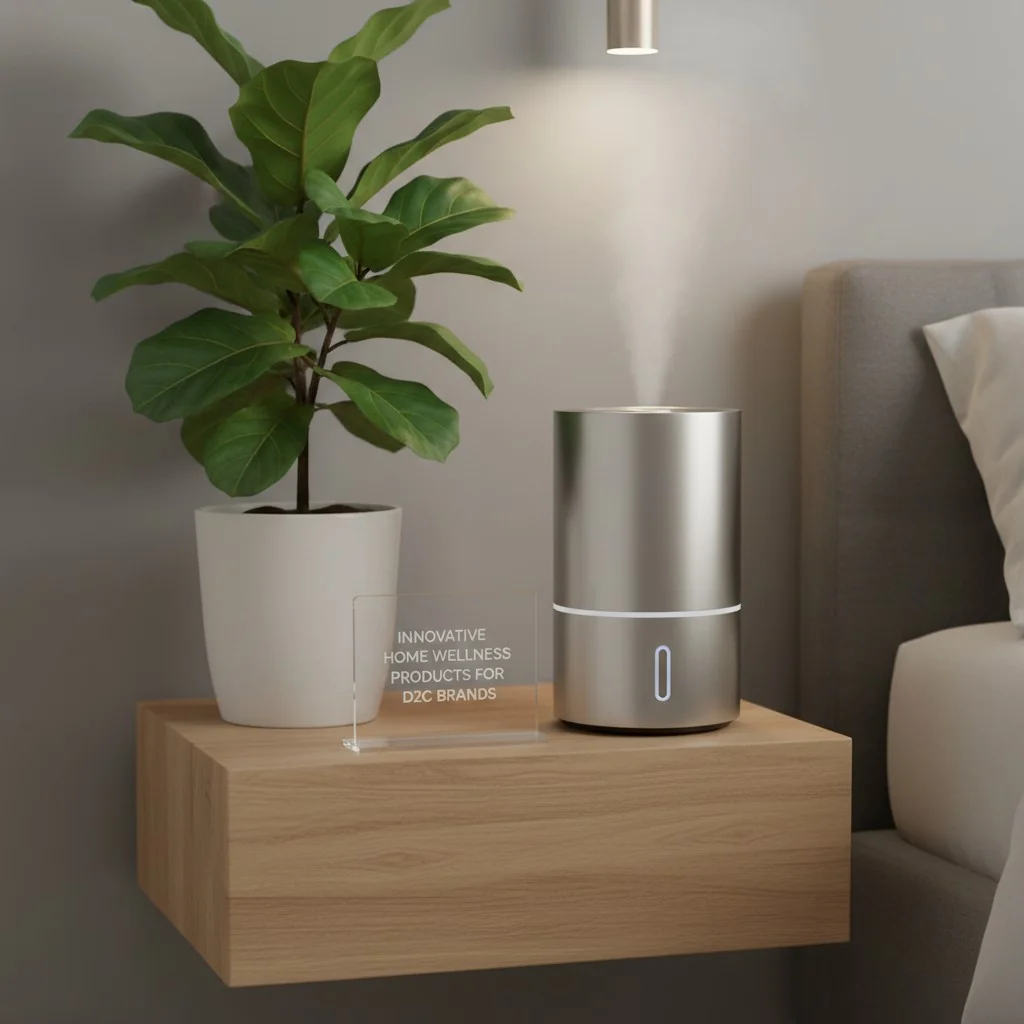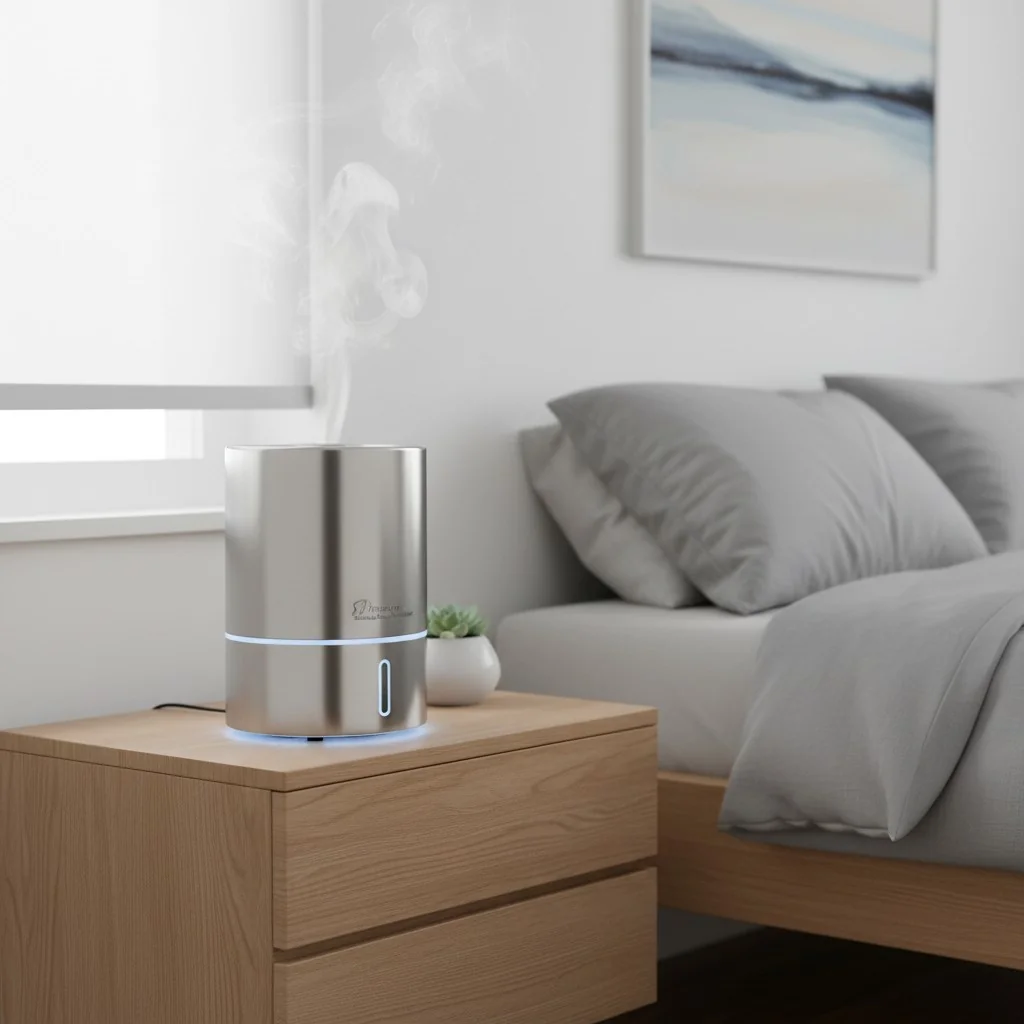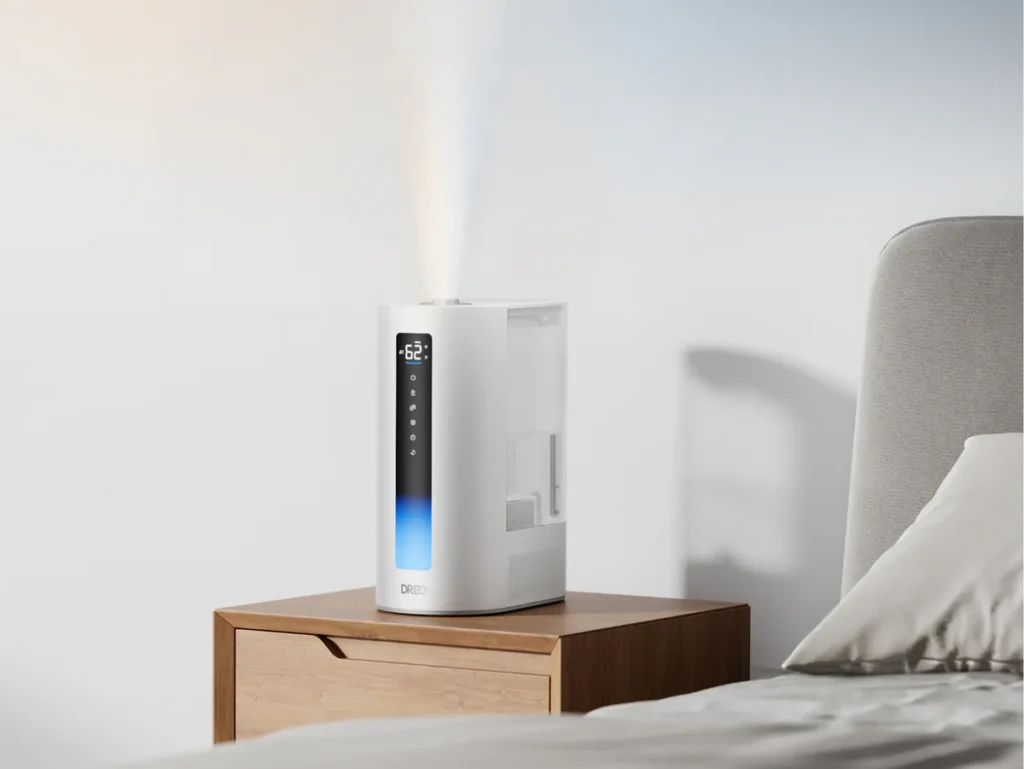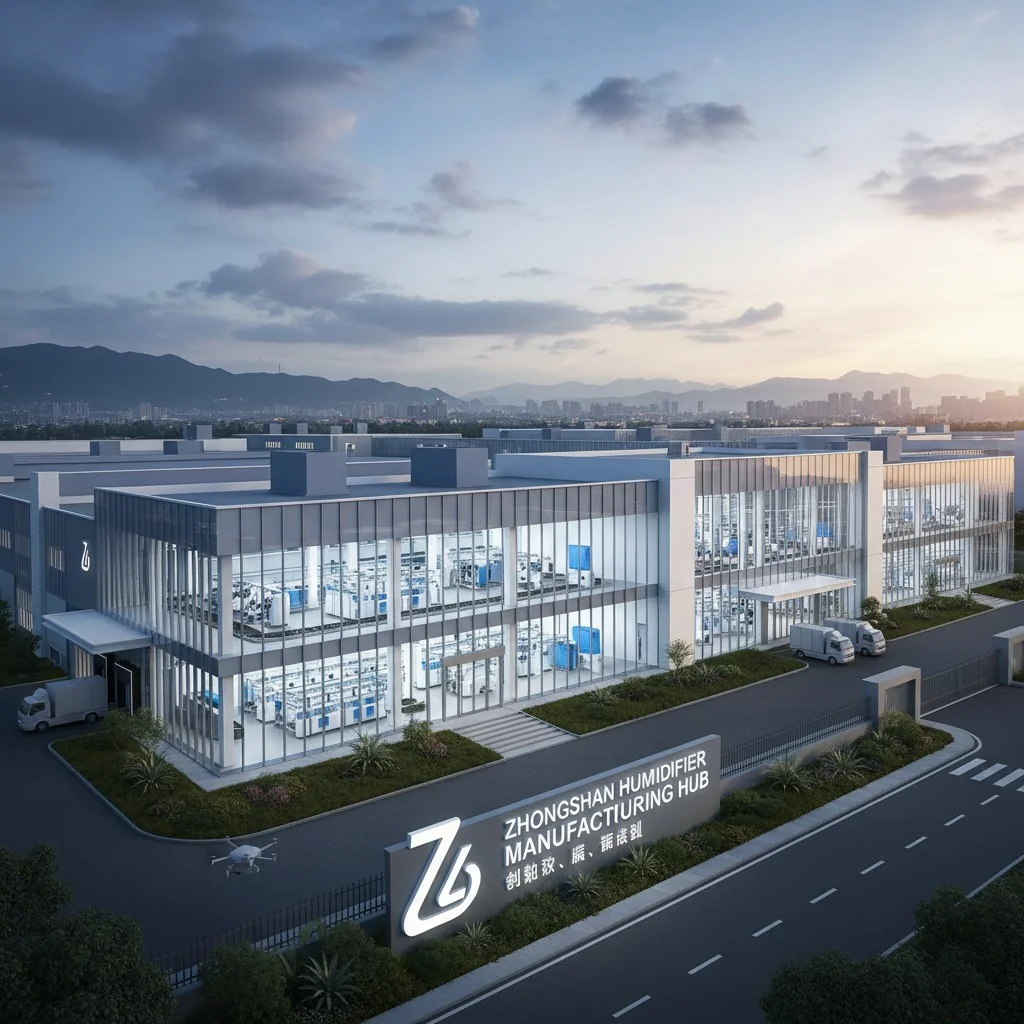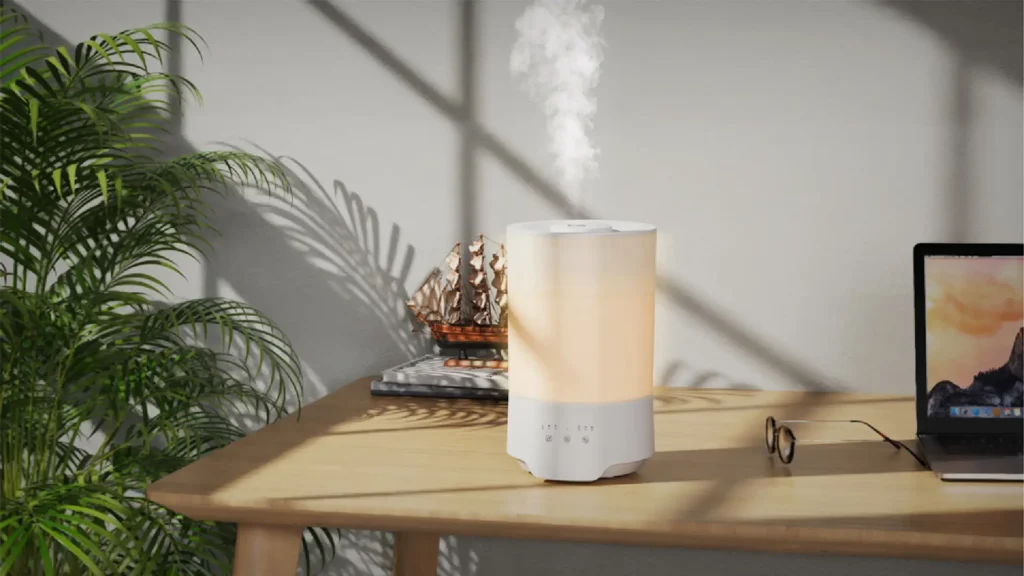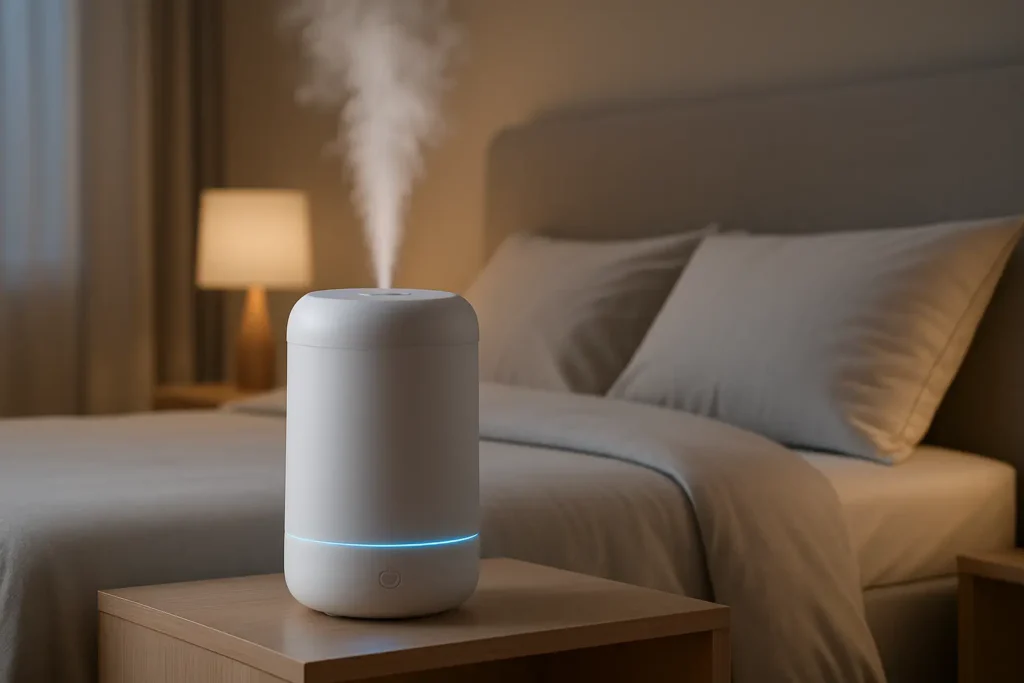In commercial and industrial settings, humidifiers are not optional they are essential. From hospitals and data centers to food processing plants and cleanrooms, precise humidity control plays a critical role in health, product integrity, and operational stability. However, choosing the wrong humidification system especially one made from substandard materials like plastic can lead to premature failure, contamination risks, and costly downtime.
That’s why more facility managers, HVAC engineers, and procurement leaders are turning to stainless steel humidifiers. Known for their durability, corrosion resistance, и exceptional hygiene, stainless steel models outperform plastic units in every critical category especially when safety and long-term reliability are non-negotiable.
In this article, we break down how stainless steel improves both the durability и safety of commercial humidifiers, making them the smartest long-term investment for demanding industries.
Built for Harsh Environments: Corrosion Resistance That Lasts
One of the most significant stainless steel humidifier benefits is its exceptional resistance to corrosion. Commercial humidifiers operate under constant exposure to water often hard water, deionized water, or water treated with chemicals. Plastic components degrade quickly under these conditions. Metal alternatives like aluminum may corrode or leach. But 304 or 316-grade stainless steel excels.
Key Advantages:
- Corrosion-resistant humidifier performance even with aggressive water sources like reverse osmosis (RO) or deionized (DI) water.
- Withstands exposure to airborne chemicals in industrial and lab settings.
- Maintains structural and functional integrity for 10+ years with proper care.
This makes stainless steel ideal for environments like:
- Food manufacturing, where sanitation and material compliance are strictly regulated.
- Чистые помещения и pharmaceutical labs, where air purity and contamination control are critical.
- Системы отопления, вентиляции и кондиционирования воздуха в high-humidity или chemical-laden environments, where plastic fails quickly.
Bottom Line: For any humidifier operating in harsh conditions, stainless steel is the only truly durable humidifier choice.
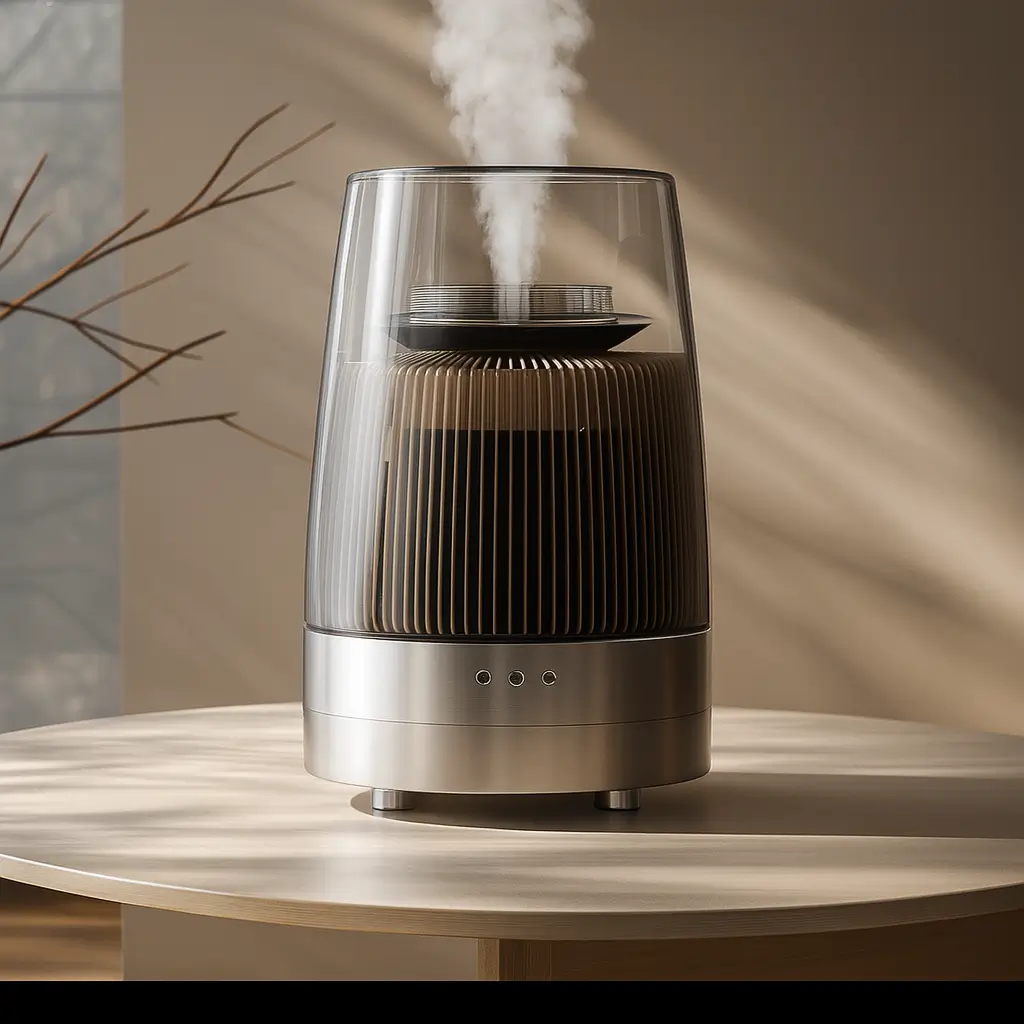
Enhanced Mechanical Strength and Long-Term Durability
Commercial humidifiers are more than just tanks with mist nozzles they’re often integrated into high-pressure, high-volume HVAC systems. This requires material strength that plastic simply can’t match.
Why Stainless Steel Outperforms Plastic:
- Superior tensile strength: Withstands mechanical stresses, high water pressure, and vibrations without cracking or warping.
- High-temperature tolerance: Critical for steam-based humidifiers that regularly operate near or above boiling point.
- Long-term wear resistance: Unlike plastic, stainless steel doesn’t become brittle, discolored, or deformed with age.
In environments with 24/7 operation, equipment failure is not just inconvenient it can be catastrophic. From productivity losses to IAQ violations and regulatory penalties, the costs of failure far outweigh the marginal upfront savings of plastic systems.
Stainless steel humidifiers, especially those with minimal moving parts, offer unmatched peace of mind and a dramatically longer lifespan often decades with proper maintenance.
Safety in Sensitive Applications: From IAQ to Fire Prevention
Safety is paramount in industries like healthcare, pharmaceuticals, and food production. Here, the material inside your humidifier isn't just a construction detail it's a direct health and liability factor.
A Safe Commercial Humidifier Must:
- Be free from toxic leaching: Plastic components can off-gas VOCs or leach microplastics—especially when exposed to heat.
- Avoid microbial growth: Porous plastic surfaces can harbor mold and bacteria, contaminating the air.
- Resist combustion: Many plastics are flammable, posing fire risks in high-temperature or mission-critical environments.
In contrast, stainless steel is:
- Food-safe and medical-grade: Non-toxic, non-reactive, and compliant with safety standards.
- Non-porous and inert: Prevents microbial colonization and biofilm formation.
- Non-combustible: An essential property for industrial humidifier safety in high-heat environments.
When your humidifier is dispersing moisture into occupied spaces, especially in hospitals or cleanrooms, only safe, stainless humidifiers provide the confidence and compliance required.
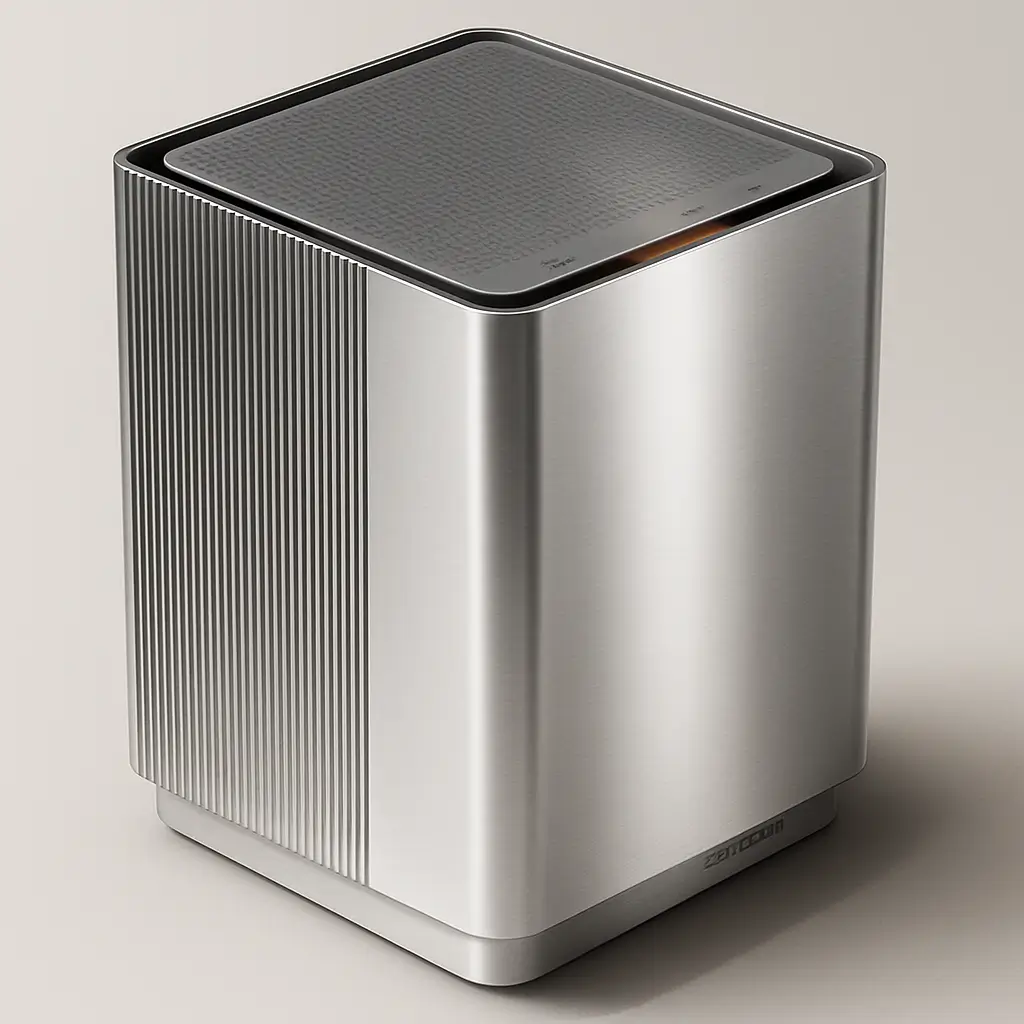
Lower Maintenance, Greater Peace of Mind
Every facility manager knows: maintenance equals cost and risk. With humidifiers, this often means labor-intensive cleanings, part replacements, and frequent shutdowns due to clogged filters or microbial buildup especially in plastic systems.
Stainless Steel Simplifies Everything:
- Stainless steel humidifier easy to clean: Wide openings, smooth surfaces, and dishwasher/boil-safe parts drastically reduce cleaning time.
- No filters or wicks: Many stainless steel models are “filter-free,” eliminating recurring costs and maintenance complexity.
- Reduced breakdown risk: Fewer part failures over time mean less operational disruption.
Consider a 10-year operation cycle:
- A plastic humidifier may require 2-3 replacements, dozens of filter changes, and constant maintenance.
- A best stainless steel humidifier runs continuously with minimal intervention—often for the full decade or more.
For facilities prioritizing uptime, compliance, and efficiency, stainless steel translates directly into lower total cost of ownership (TCO) и higher operational safety.
Real-World Applications That Demand Stainless Steel
Let’s look at common industries where stainless steel isn’t just a benefit it’s a necessity:
Healthcare & Medical Facilities
- Requires sterile, non-toxic humidification to protect patients and staff.
- Stainless steel steam humidifiers kill bacteria via boiling and are easy to sterilize.
Центры обработки данных
-
Must maintain precise humidity without failure to protect hardware.
-
Ultrasonic stainless steel humidifiers provide 24/7 performance with minimal power draw and no filter replacements.
Pharmaceutical & Cleanroom Environments
-
Any contamination can ruin production batches or violate FDA standards.
-
Stainless steel offers guaranteed purity and washability.
Food & Beverage Industry
- Equipment must meet food-contact standards and be easily cleaned.
- Stainless humidifiers resist corrosion from acidic or saline environments common in food processing.
Manufacturing & Industrial Facilities
- Often operate with high heat, vibration, and continuous usage.
- Plastic models fail rapidly—industrial humidifier safety demands stainless construction.
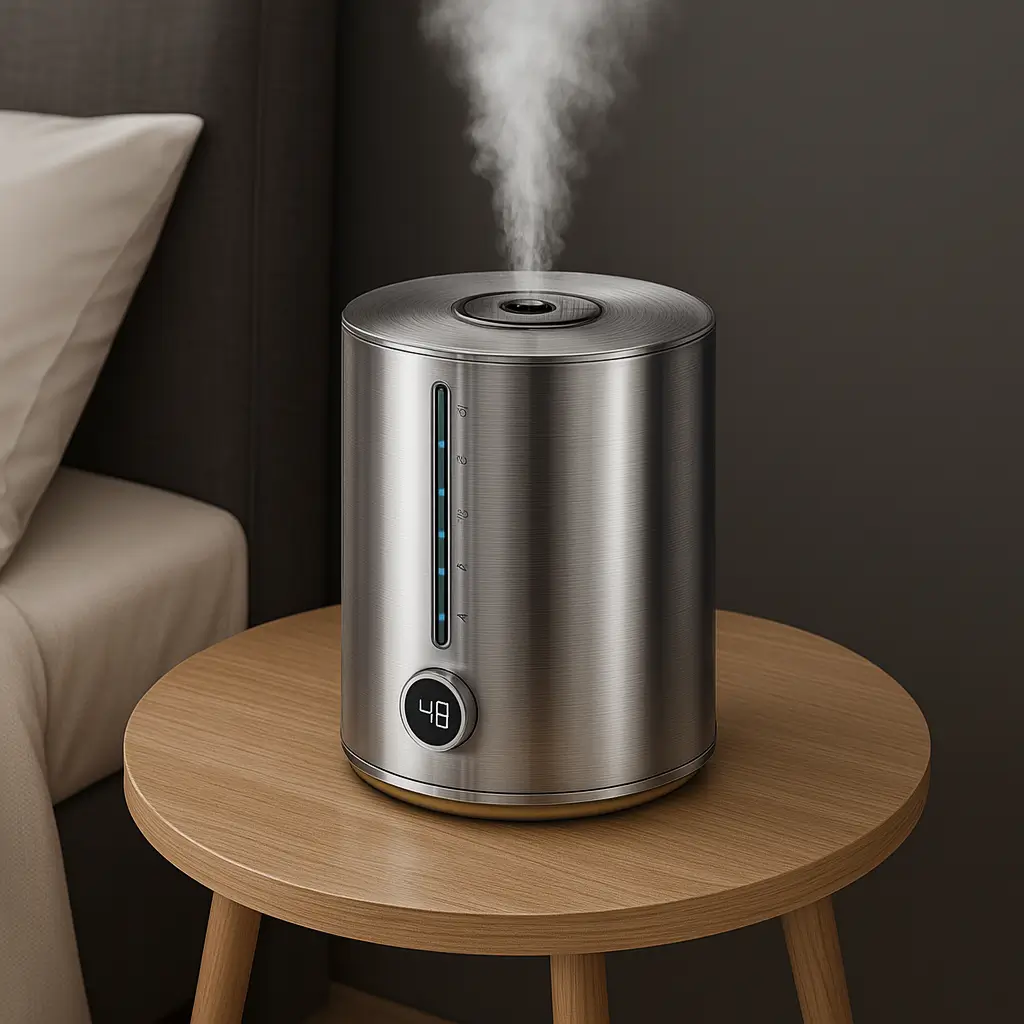
Conclusion: Stainless Steel Isn’t Just an Upgrade—It’s a Requirement
When you factor in all variables durability, corrosion resistance, safety, maintenance, и long-term performance it becomes clear that stainless steel humidifiers aren’t a luxury or upgrade. In most commercial and industrial settings, they’re a requirement.
While initial cost may be higher, the stainless steel humidifier benefits pay for themselves many times over through:
- Fewer breakdowns
- Lower maintenance
- Better indoor air quality
- Higher occupant safety
- Greater regulatory compliance
If you're looking for a durable humidifier solution that performs reliably in the toughest environments, stainless steel is the only logical choice.
Call to Action: Take the Next Step Toward Safer, More Durable Humidification
📄 Request Product Specs for Your Industry
→ Whether you're in healthcare, manufacturing, or IT, we have a safe commercial humidifier tailored to your environment.
🌐 Explore our full lineup at HisoAir Stainless Steel Humidifiers
→ Featuring some of the best stainless steel humidifier models on the market ultrasonic, steam, and adiabatic units built for performance and longevity.


